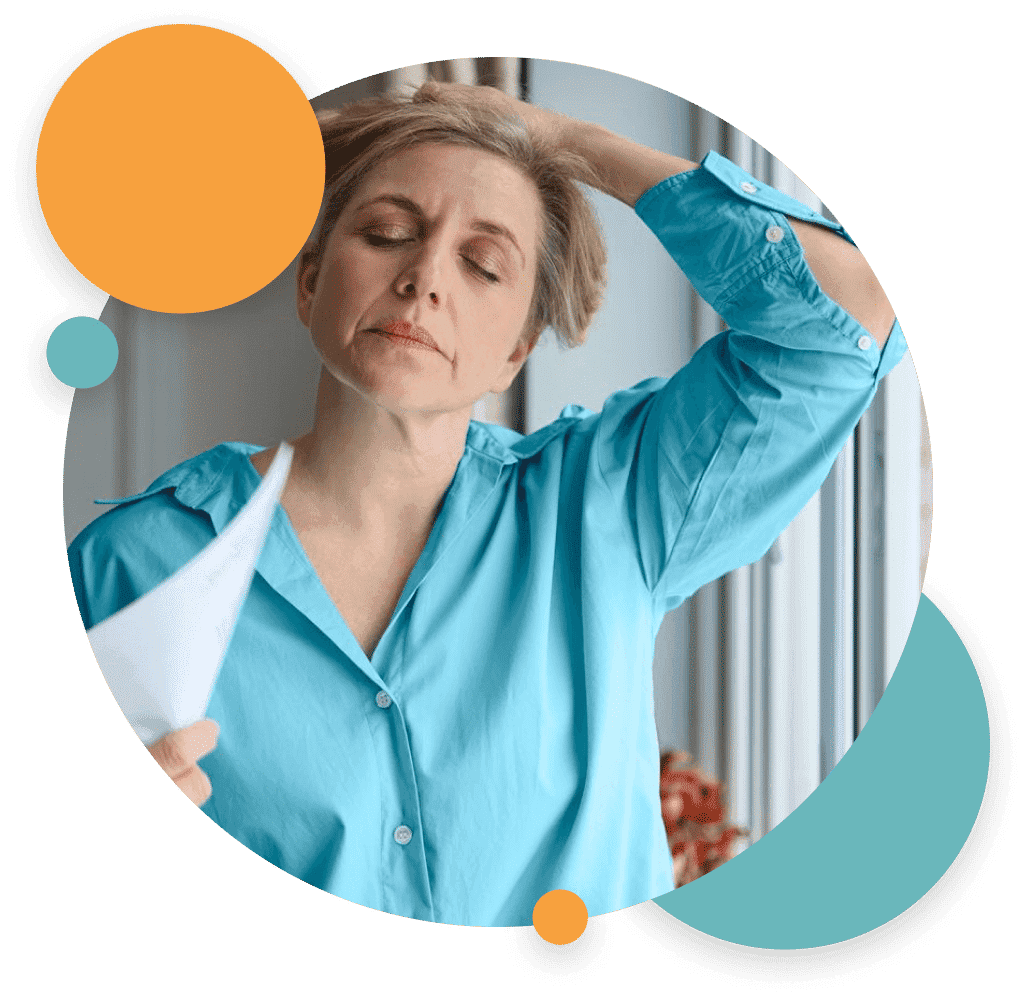How Your Lifestyle and Background Affect Menopause: What Science Says
Obie Editorial Team

Understanding Menopause and Its Symptoms
Menopause is a natural phase in a woman’s life, typically occurring in the late 40s to early 50s, marked by the end of menstrual cycles. While some women experience mild symptoms, others face intense hot flashes, mood swings, and sleep disturbances. A growing body of research suggests that various factors—beyond just biology—affect how menopause unfolds. Your education, job, and overall lifestyle could play a key role in how you experience menopausal symptoms.
Key Factors That Influence Menopausal Symptoms
This recent research published in Women’s Health examined how multiple factors contribute to the severity of menopausal symptoms in women from diverse racial and ethnic backgrounds. The study found that socioeconomic status, education level, and employment status significantly impact the menopause experience.
1. Education Level Matters
Women with higher education levels generally report fewer and milder menopausal symptoms. Education can influence health awareness, access to medical care, and lifestyle choices that help manage symptoms better. For example, women who are well-informed about hormonal changes may be more proactive in adopting habits like regular exercise and balanced nutrition, which can alleviate discomfort.
2. Employment and Menopause: A Surprising Connection
Being employed is associated with experiencing fewer severe menopausal symptoms. Work may provide social interaction, mental stimulation, and a sense of purpose, contributing to better emotional and physical well-being. Moreover, financial stability from employment can improve access to healthcare, dietary choices, and stress management strategies.
3. The Role of Socioeconomic Status
Higher socioeconomic status often correlates with better health outcomes, including a smoother menopause transition. Women with more financial resources may have access to better healthcare, stress-reducing activities (like yoga or therapy), and healthier food choices. On the other hand, financial stress and limited healthcare access can worsen symptoms such as anxiety, sleep disturbances, and hot flashes.
What Can You Do?
Understanding these factors can empower women to take proactive steps toward a healthier menopause experience. Here are some science-backed strategies to ease symptoms:
- Stay Active: Regular exercise can help reduce hot flashes and improve mood.
- Eat a Balanced Diet: Nutrient-rich foods, particularly those high in calcium and phytoestrogens, can support hormonal balance.
- Manage Stress: Mindfulness, meditation, or engaging in hobbies can significantly lower stress levels.
- Seek Support: Whether through support groups, therapy, or talking with healthcare providers, emotional and social support can make a difference.
Final Thoughts
Menopause is a unique journey for every woman, influenced by a combination of biological, social, and economic factors. While some aspects, like genetics, are beyond control, understanding the impact of lifestyle choices, education, and financial well-being can help women navigate menopause more comfortably.
Source:
Im EO, Chang SJ, Chee E, Chee W. The relationships of multiple factors to menopausal symptoms in different racial/ethnic groups of midlife women: The structural equation modeling. Women Health. 2019;59(2):196-212. doi: 10.1080/03630242.2018.1450321.








